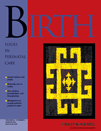 The international journal Birth published our latest paper:
The international journal Birth published our latest paper:
Whitford, H., Entwistle V.A., van Teijlingen, E., Aitchison, P., Davidson, T., Humphrey, T., Tucker, J. (2014) Use of a birth plan within woman-held maternity records: A qualitative study with women and staff in northeast Scotland, Birth (Epub ahead of print).
The co-authors of BU Professor Edwin van Teijlingen are affiliated with a wide-range of Scottish institutions: the University of Dundee; the University of Aberdeen, the University of Stirling, the Robert Gordon University, Aberdeen and NHS Grampian, Aberdeen.
This latest paper considers the use of a birth plan section within a national woman-held maternity record. Unlike England, Scotland has a national women-held maternity record. In Poole, for example, a midwife needs to complete another maternity record for women who want to deliver in the Poole area than those who want to delivery in Bournemouth Hospital and another form for those might want to go to the New Forest Birth Centre, and again another one for the Dorchester area. In Scotland a pregnant women receiving antenatal care in one health area and delivering in another can take her same record/notes along. As midwives (and other staff) only have to be familiar with one set of records, this reduces the chance of errors and avoiding duplication.
This qualitative study comprised interviews with women and maternity service staff in Northeast Scotland. In our study staff and women were generally positive about the provision of the birth plan section within the record. Perceived benefits included the opportunity to highlight preferences, enhance communication, stimulate discussions and address anxieties. However, some women were unaware of the opportunity or could not access the support they needed from staff to discuss or be confident about their options. Some were reluctant to plan too much. Staff recognised the need to support women with birth plan completion but noted practical challenges to this.
Prof. Edwin van Teijlingen
CMMPH

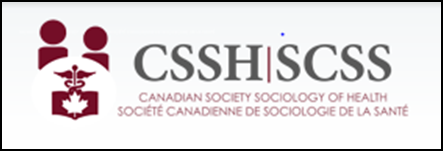

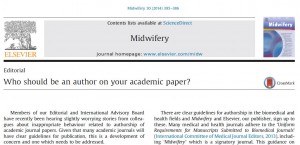

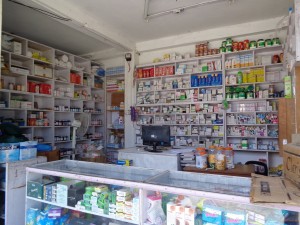
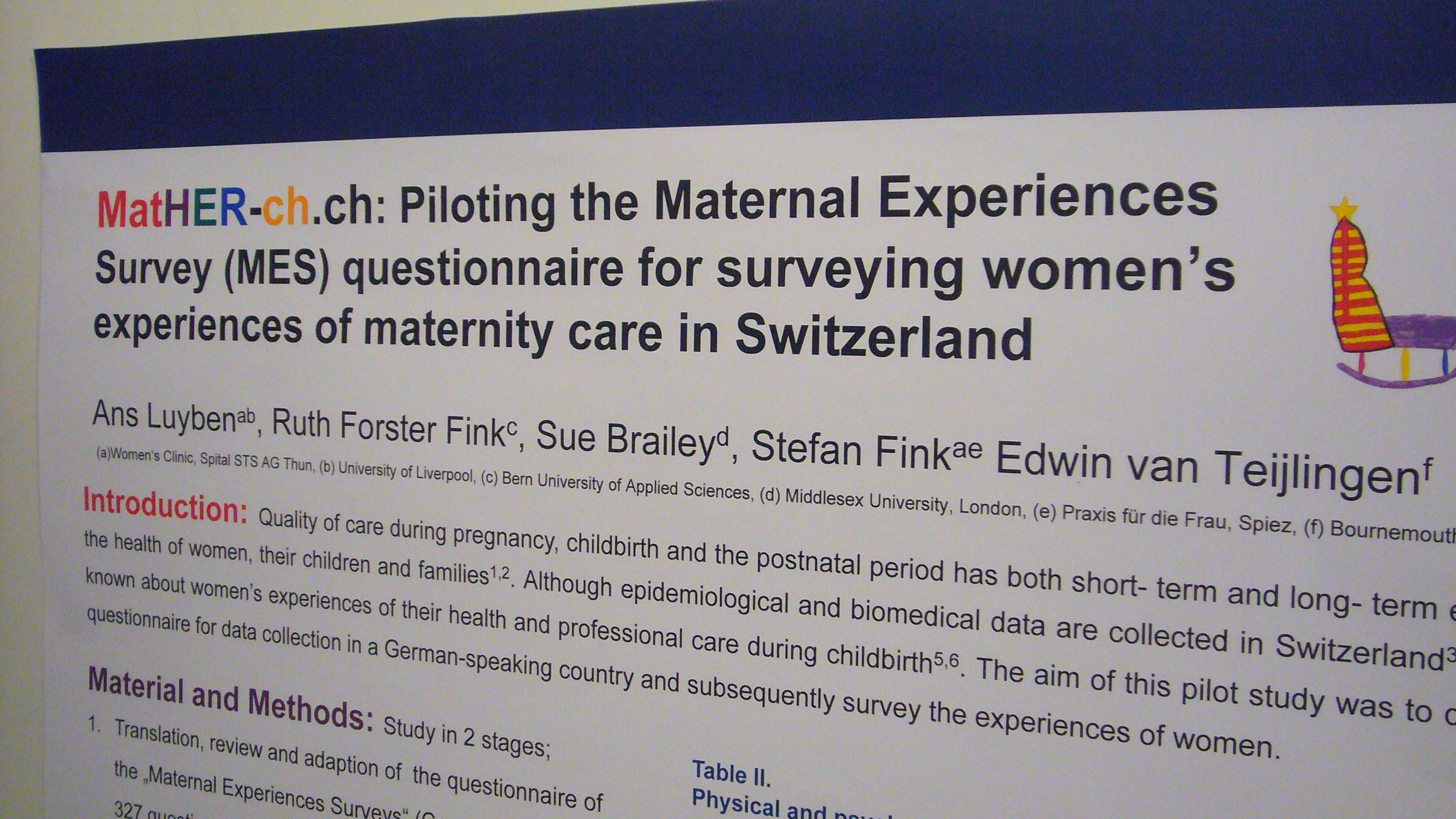
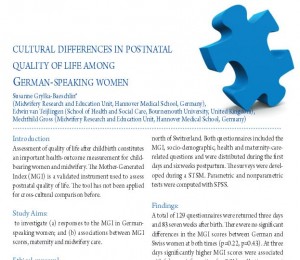




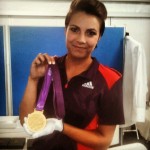
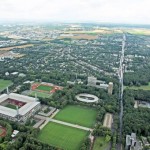
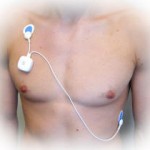
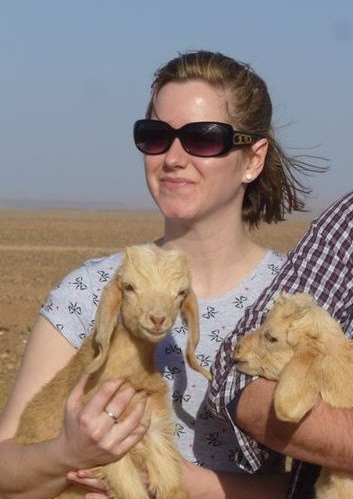
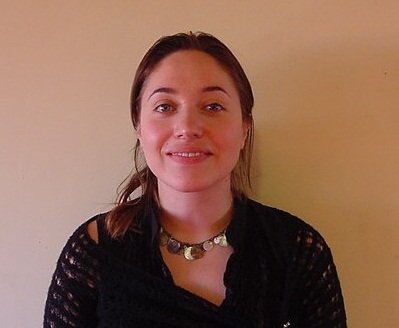
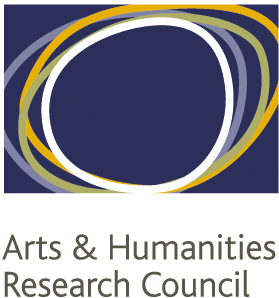 On January 20, 2014 Bournemouth University played host to a lunchtime visit from the AHRC. The funding advice seminar covered general information about the Arts & Humanities Research Council, as well as tips and advice on AHRC bid writing here at from BU. In the lead up to the AHRC visit, the
On January 20, 2014 Bournemouth University played host to a lunchtime visit from the AHRC. The funding advice seminar covered general information about the Arts & Humanities Research Council, as well as tips and advice on AHRC bid writing here at from BU. In the lead up to the AHRC visit, the 
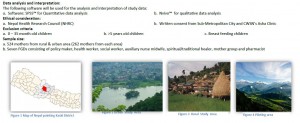

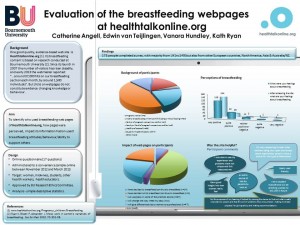
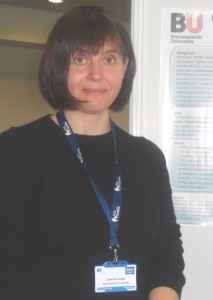
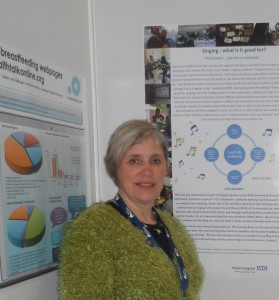












 Conversation article: Why so many people drown at the water’s edge
Conversation article: Why so many people drown at the water’s edge Workshop on longitudinal studies in three countries
Workshop on longitudinal studies in three countries New Bournemouth University public health paper
New Bournemouth University public health paper New ACORN-funded paper published. When time is short but passion for food is strong, food day-tripping may be the answer!
New ACORN-funded paper published. When time is short but passion for food is strong, food day-tripping may be the answer! Royal Society of Chemistry Outreach Fund: Open for Applications
Royal Society of Chemistry Outreach Fund: Open for Applications Last reminder – MSCA Postdoctoral Fellowships 2024 internal deadline next week
Last reminder – MSCA Postdoctoral Fellowships 2024 internal deadline next week Horizon Europe – EuroHPC and MSCA PF webinars
Horizon Europe – EuroHPC and MSCA PF webinars